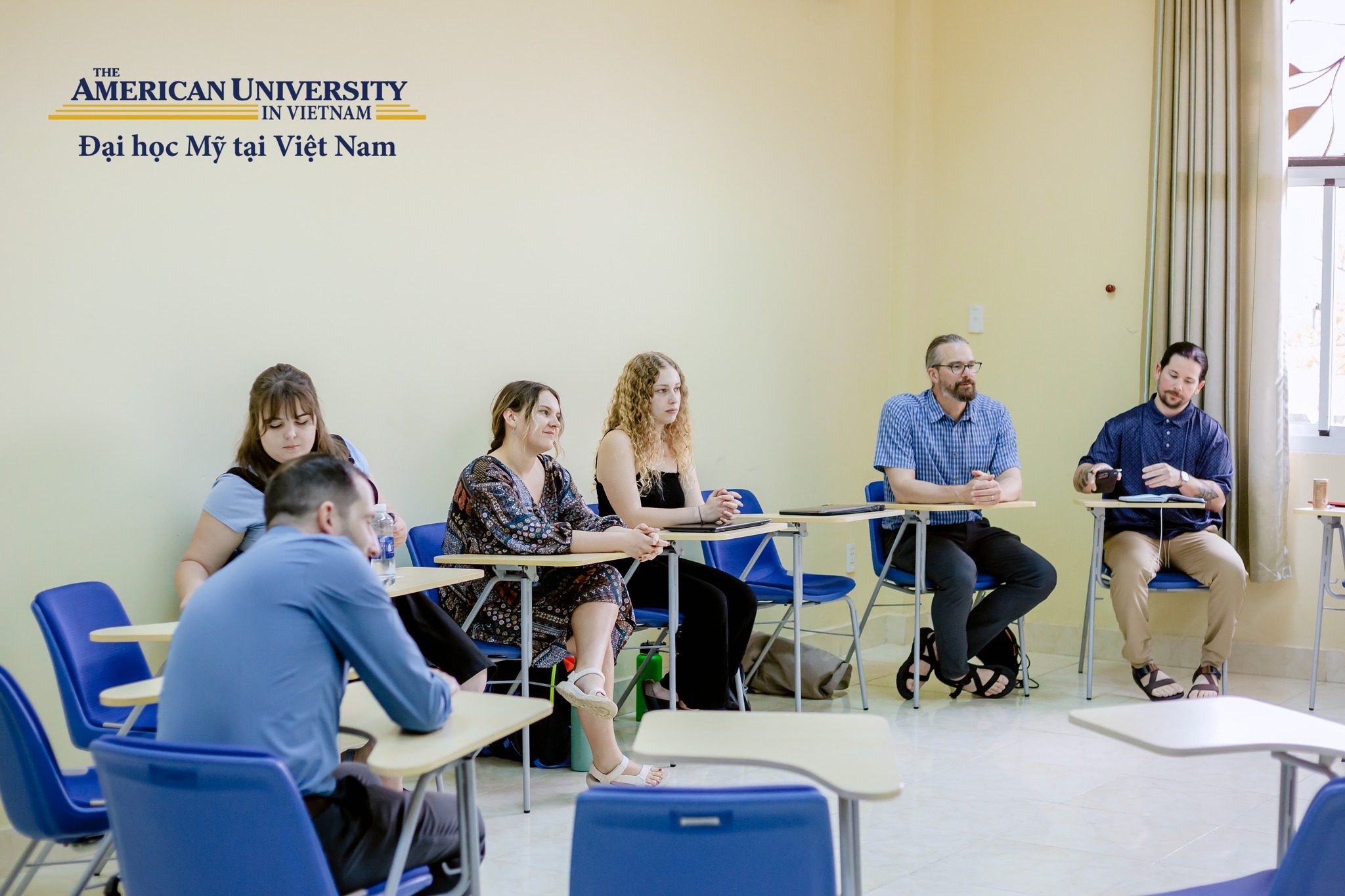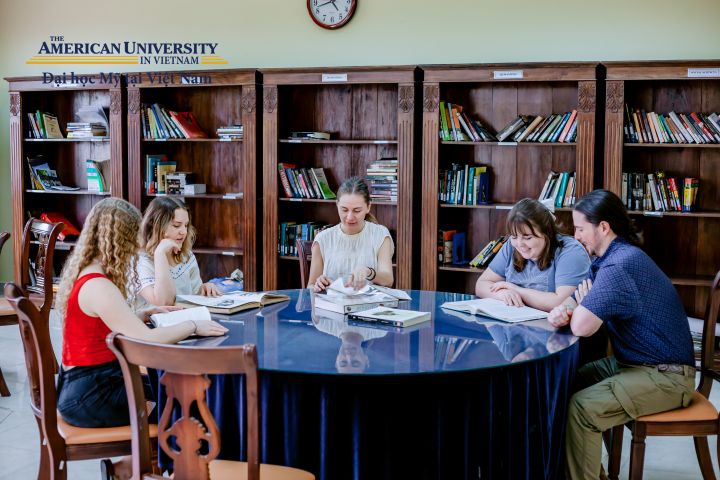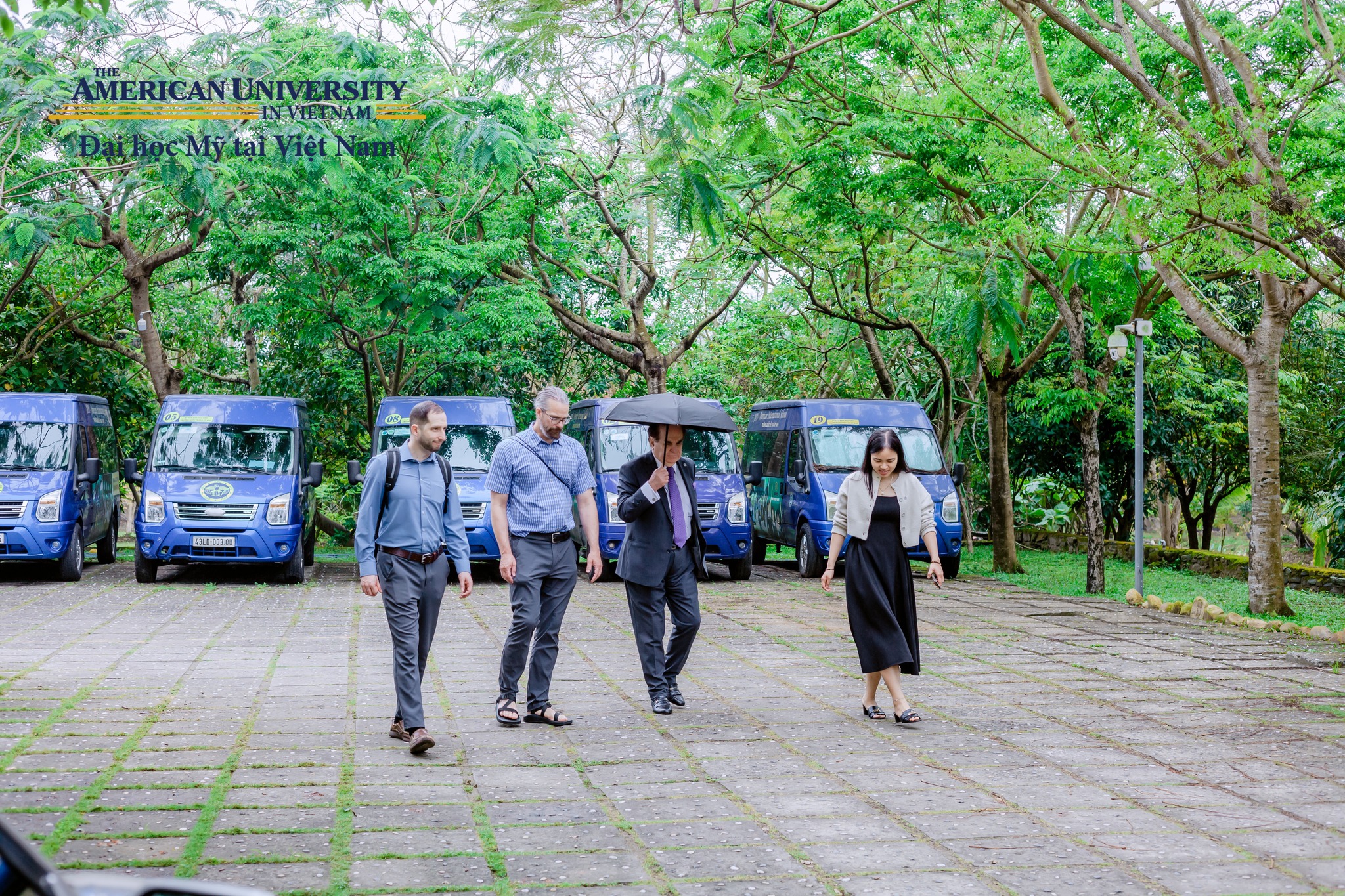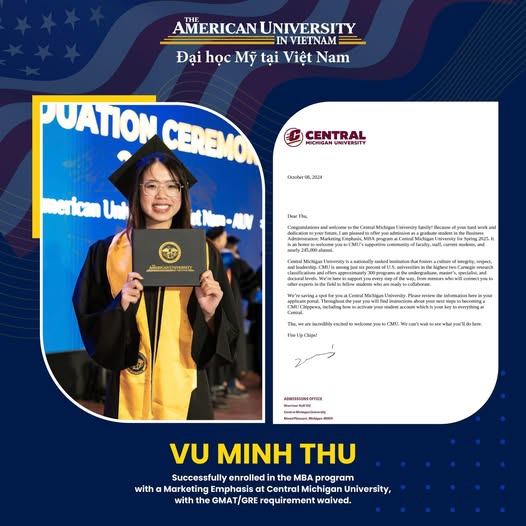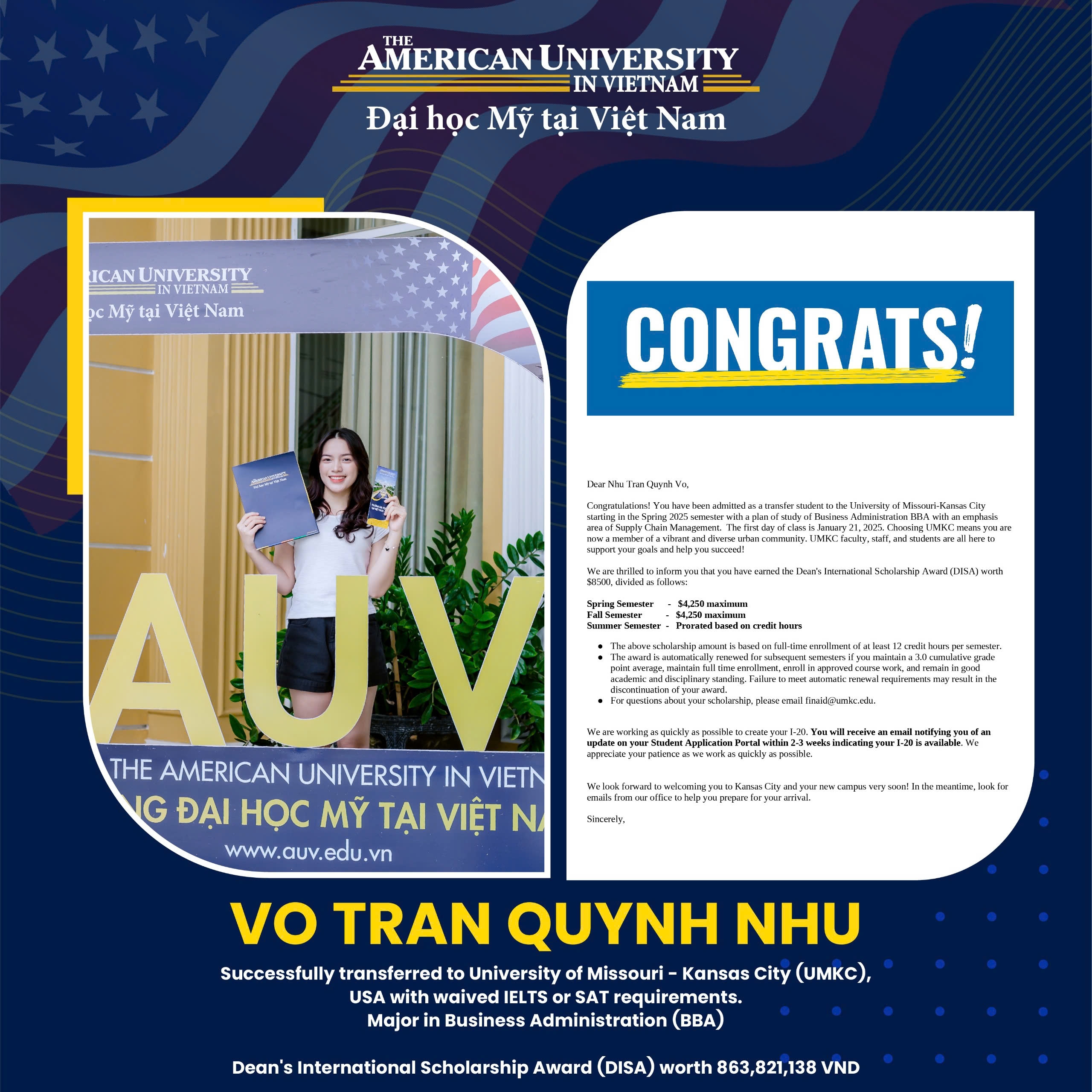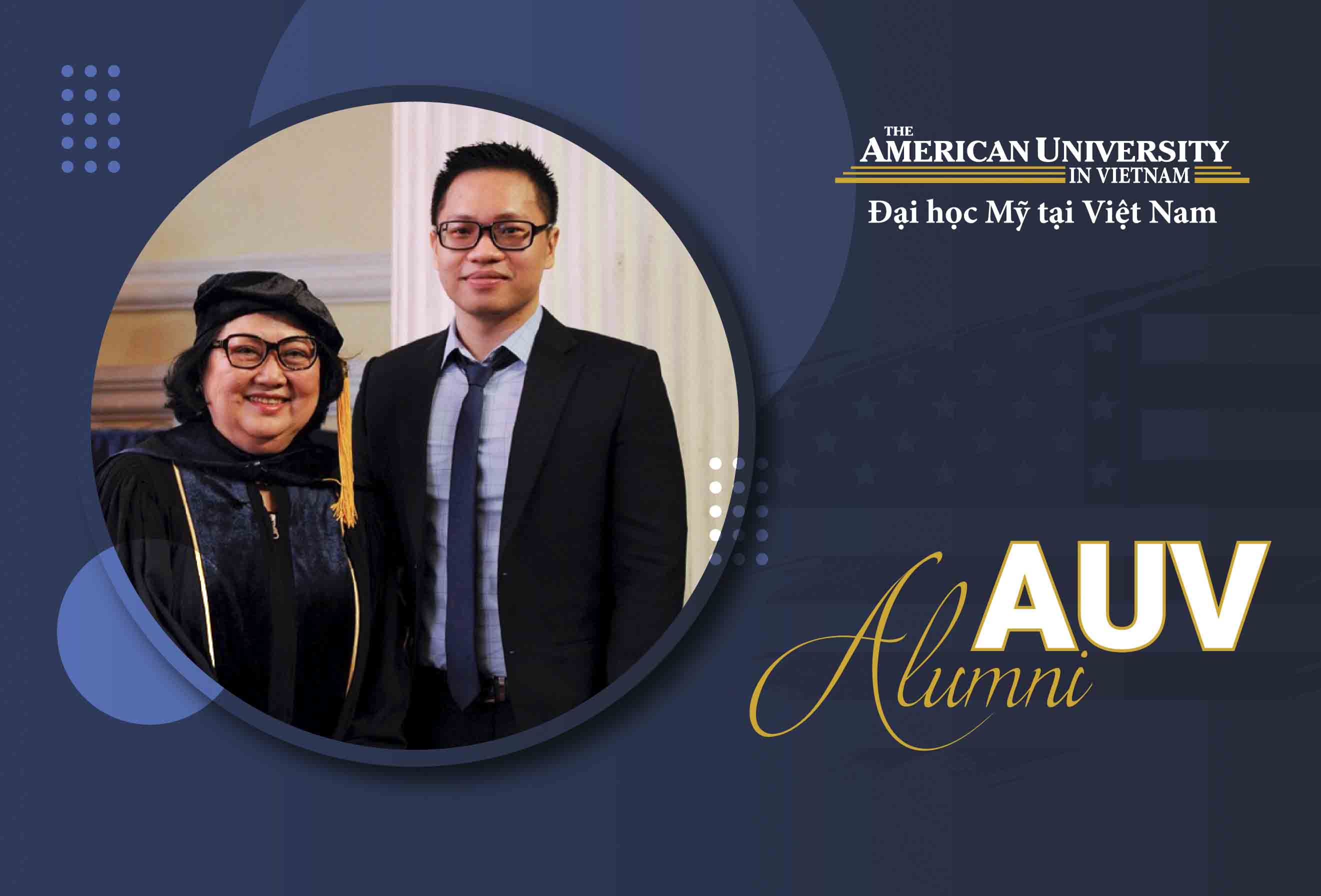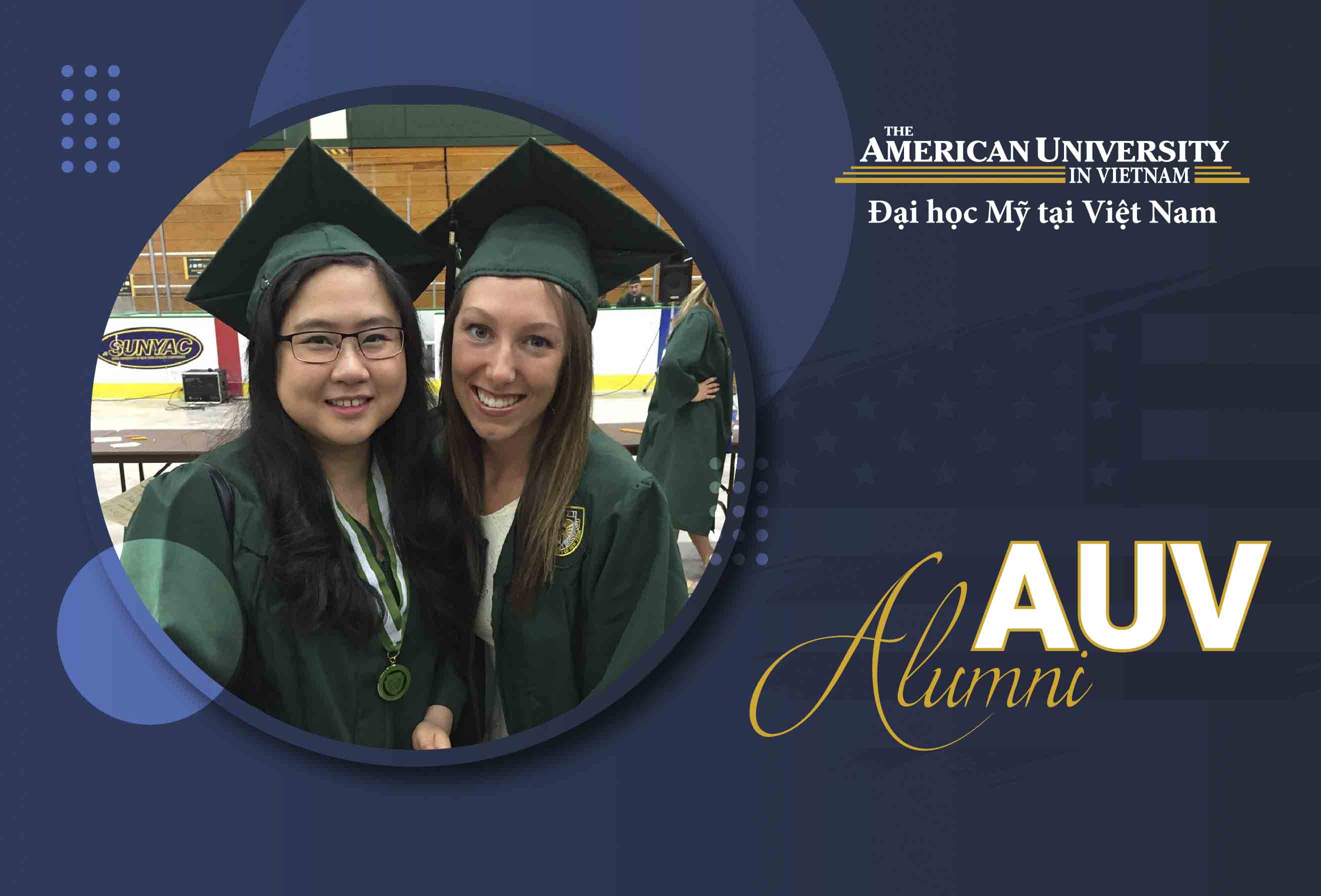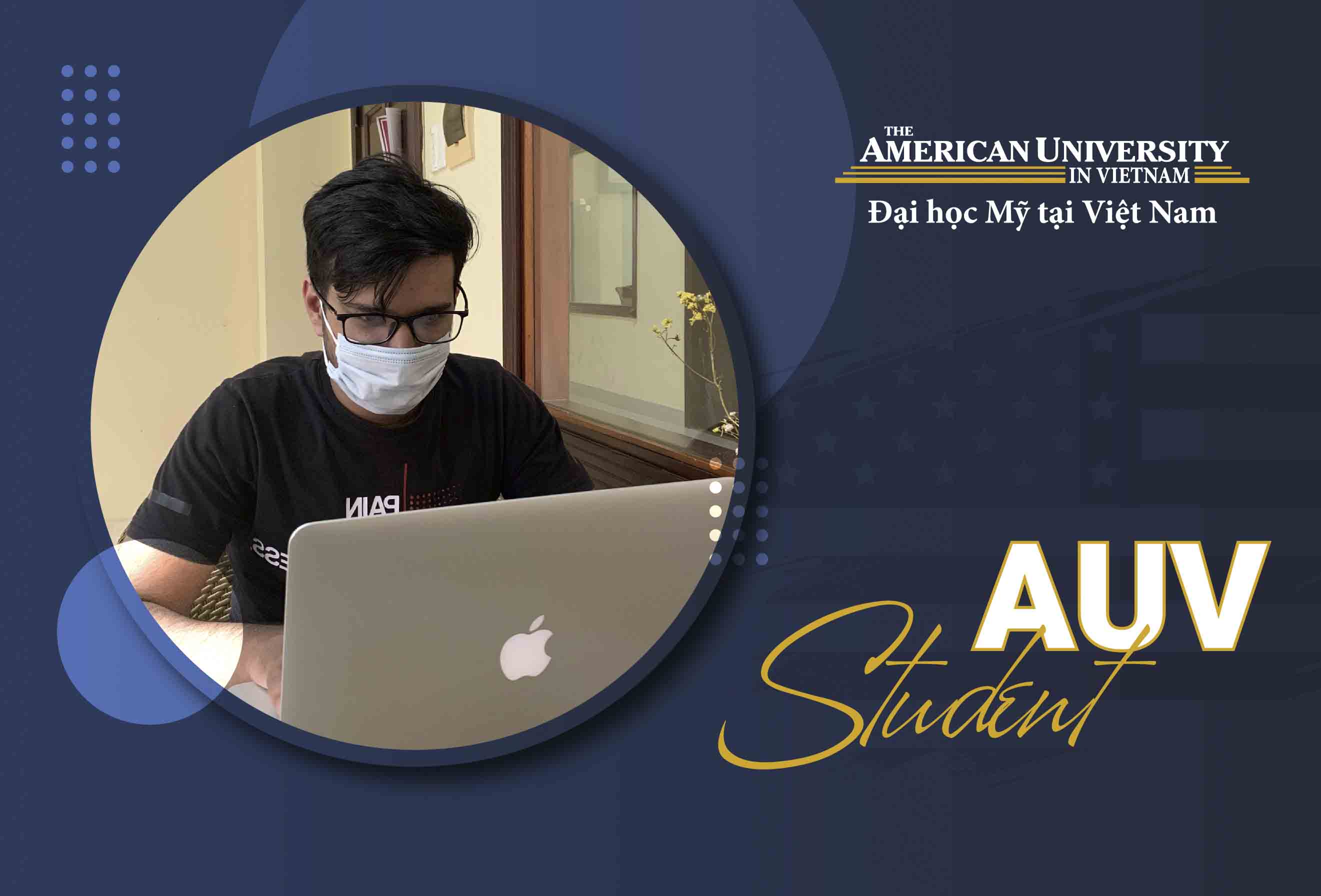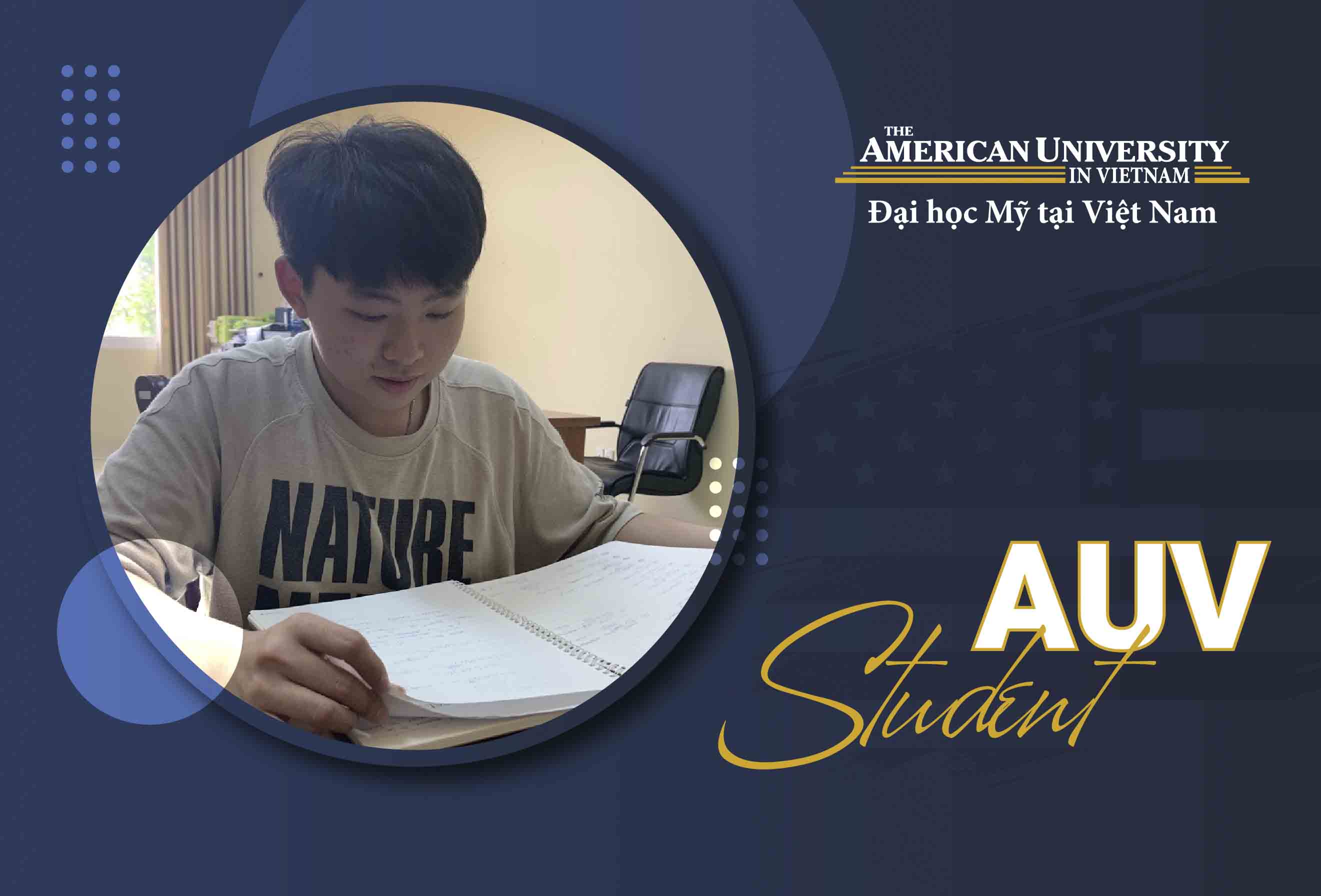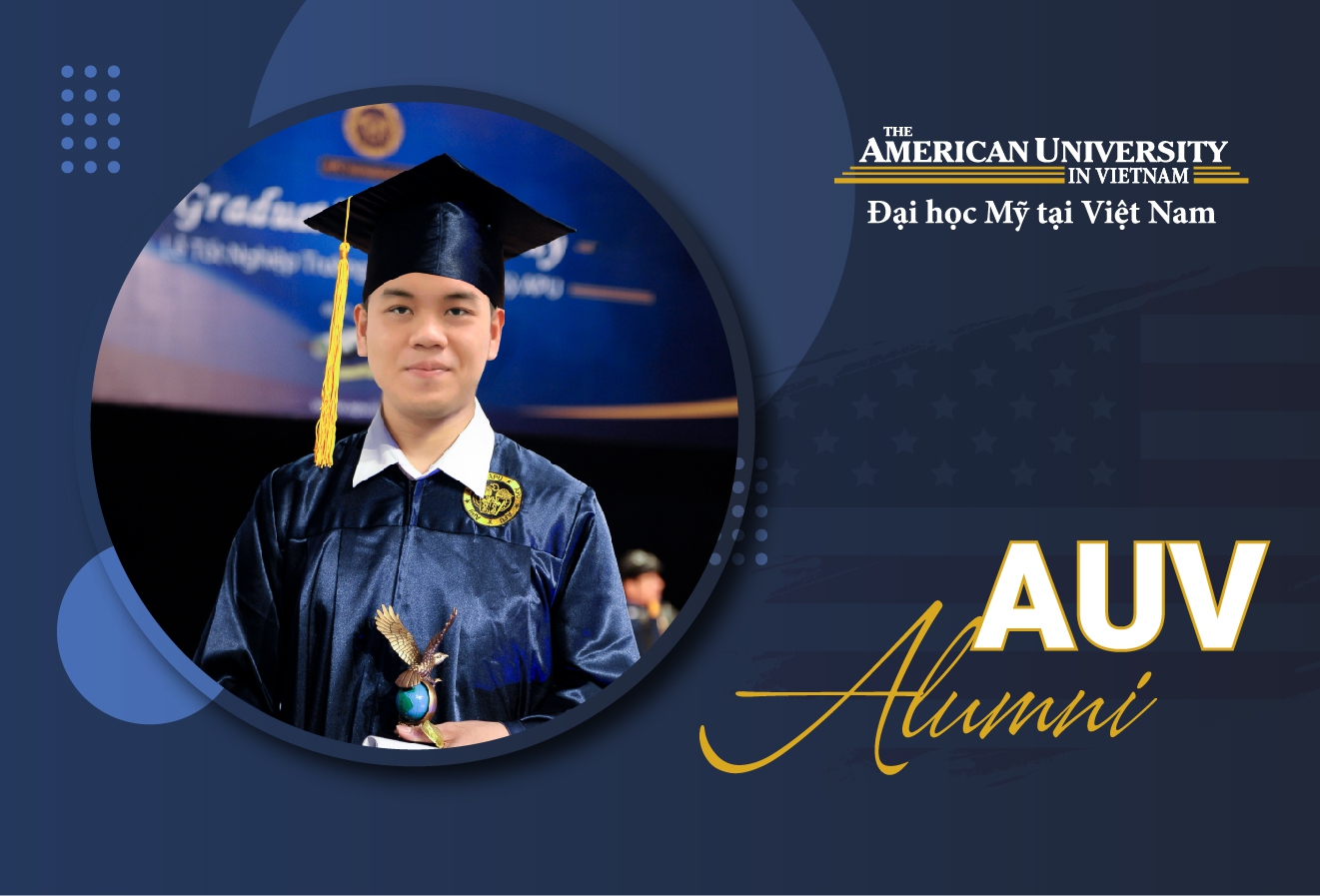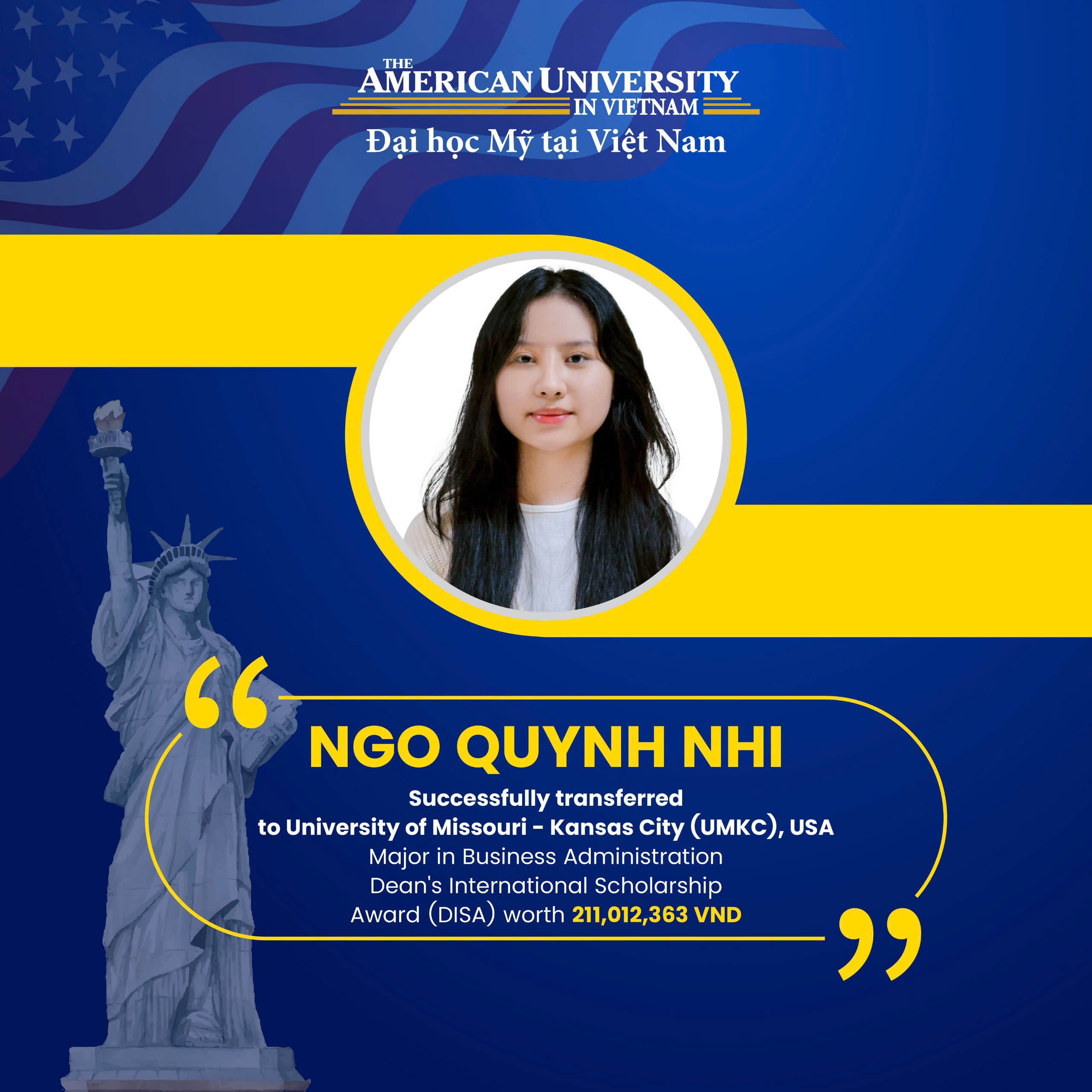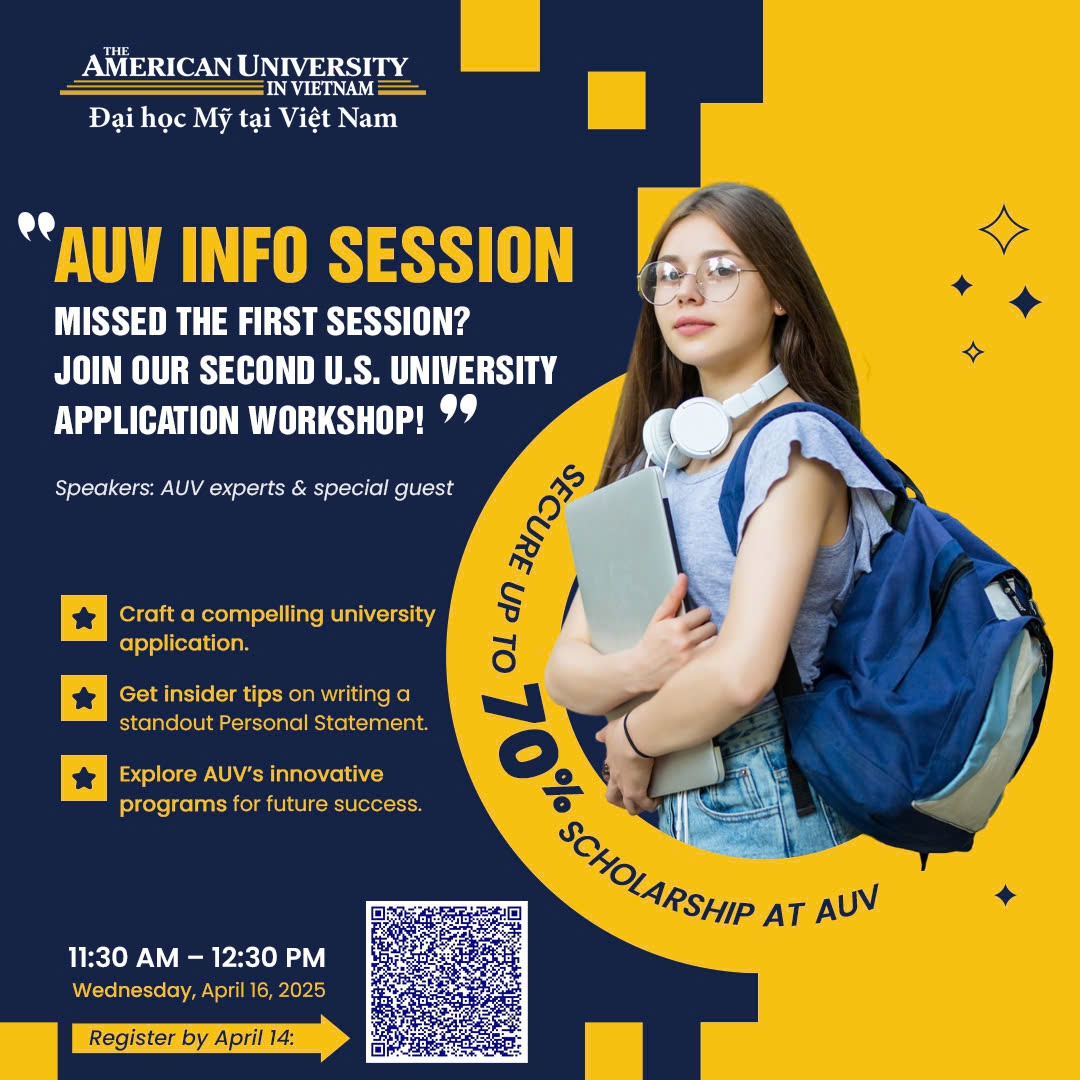AUV U.S. University Application Workshop
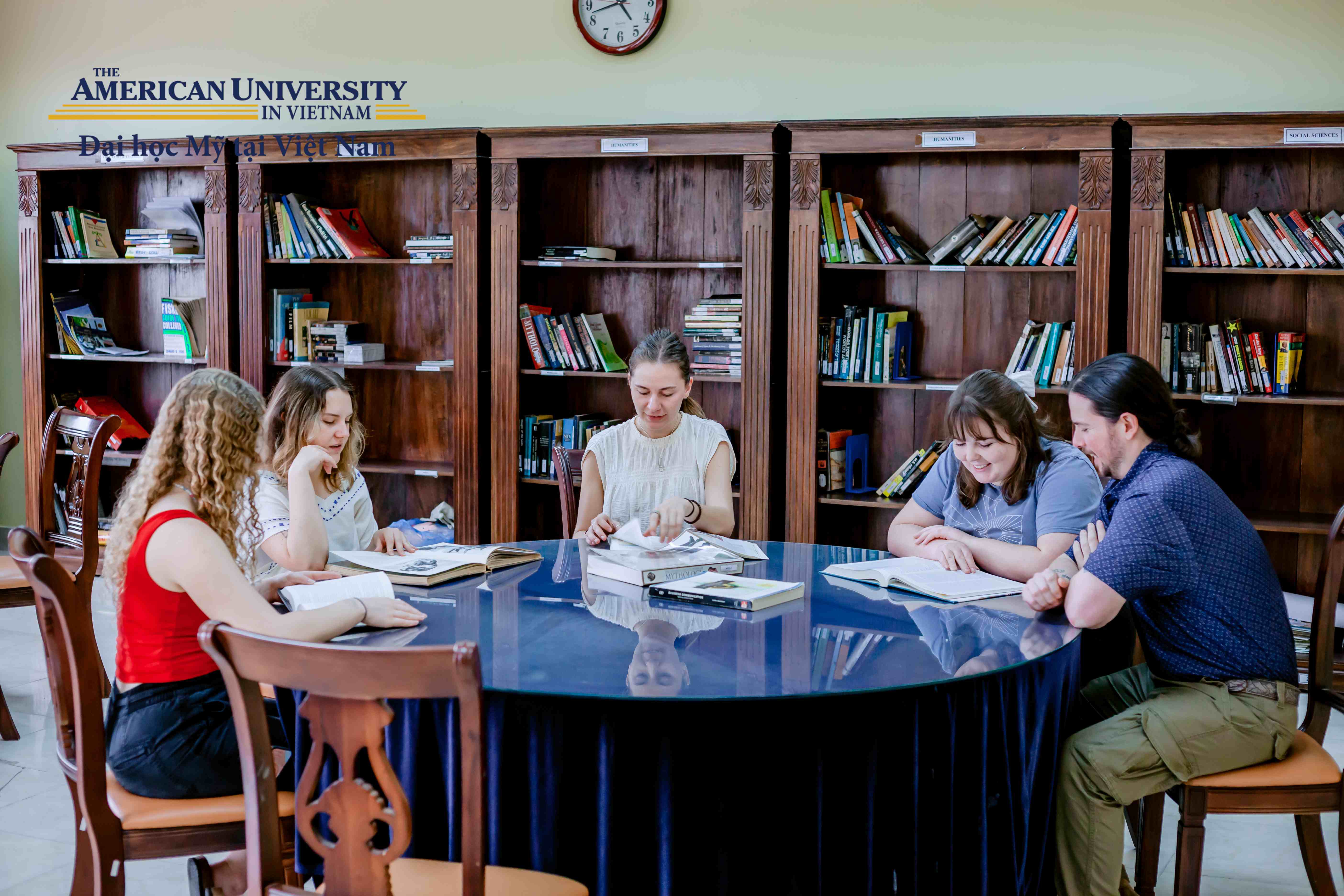
Student Government Association (SGA)
The Student Government Association (SGA) is a group of students who meet regularly to plan on-and-off campus events, charity trips, social gatherings, team-building exercises, overnight adventures, and work-study to enhance student experience at AUV. SGA also advocates on behalf of students to make sure faculty and administration are responsive to the needs and concerns of the student body. SGA elects a president and vice-president every academic year and selects a faculty advisor to serve as a liaison between the organization and AUV administration. SGA elections will be held soon. Please refer to Announcements for more information on the time and date.
Campus Life
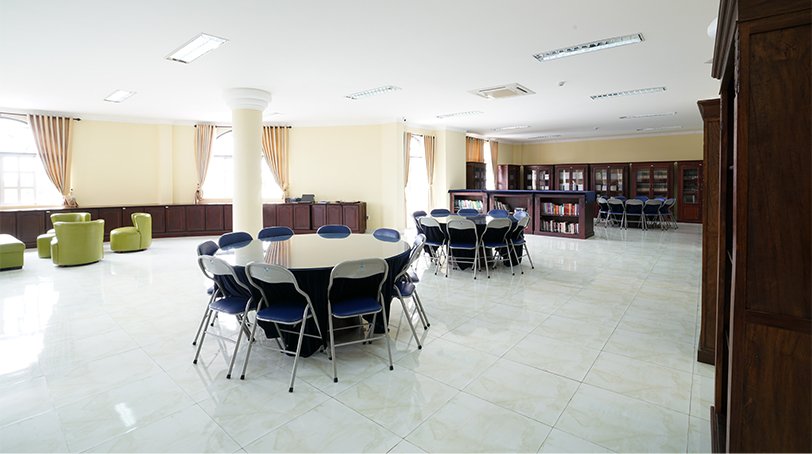
Library
Monday - Friday
8:00AM - 4:30PM
Saturday
8:00AM - 11:30AM
Alumni & Student
Technology Lab
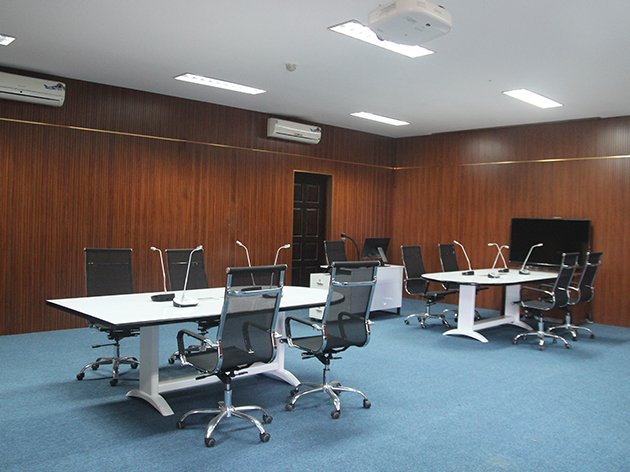
Distance Learning And Technology Lab
While every classroom at AUV is equipped with up-to-date technology that allows for the most innovative teaching practices in Vietnam, the Technology Lab in Room 310 is special. This large room contains 25 tech stations for students, each comprised of a high-performance Dell desktop computer with a lightning quick ethernet connection and direct access to AUV printers. Student computers are connected to a smart instructor workstation for university faculty who wish to utilize the space for technology intensive classes. Using only their student ID information, AUV students can use the resources offered by the lab at no additional cost all day long, Monday through Saturday.
Workshop
Other


